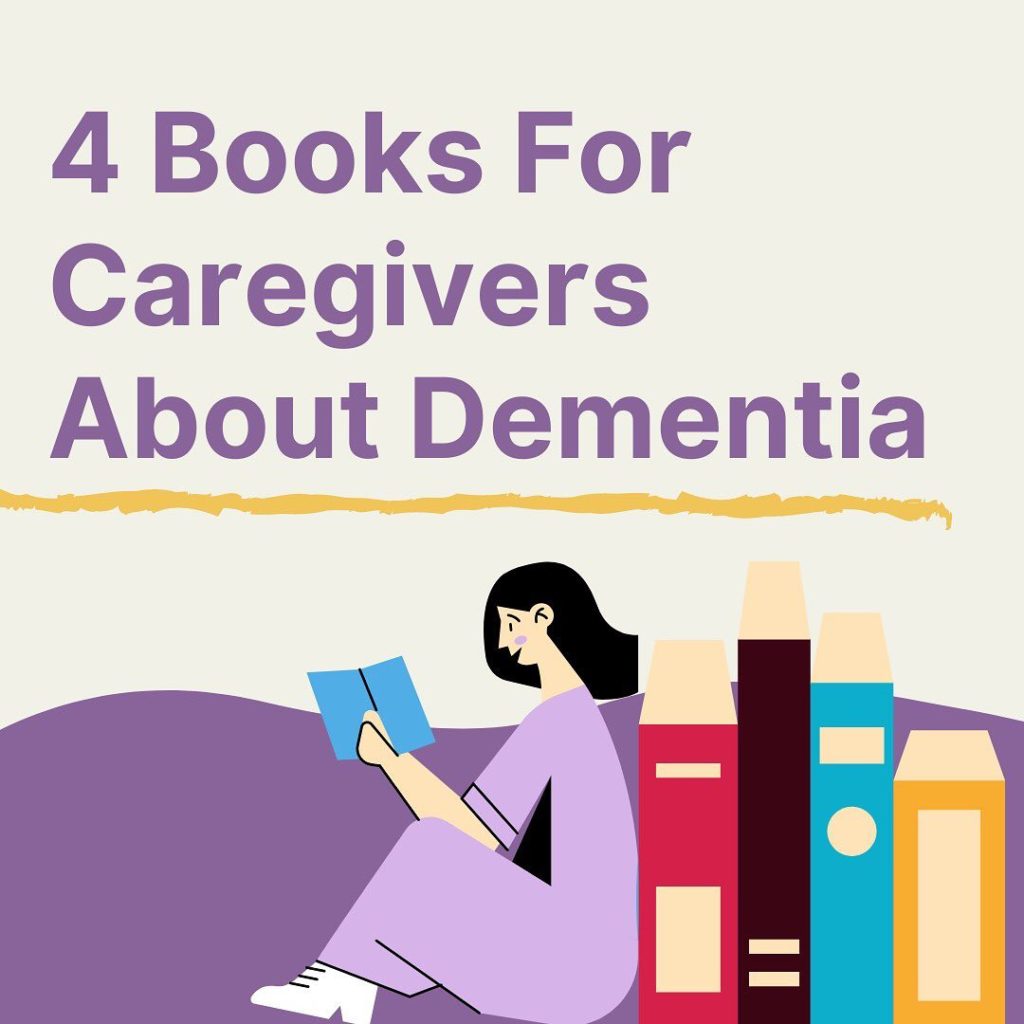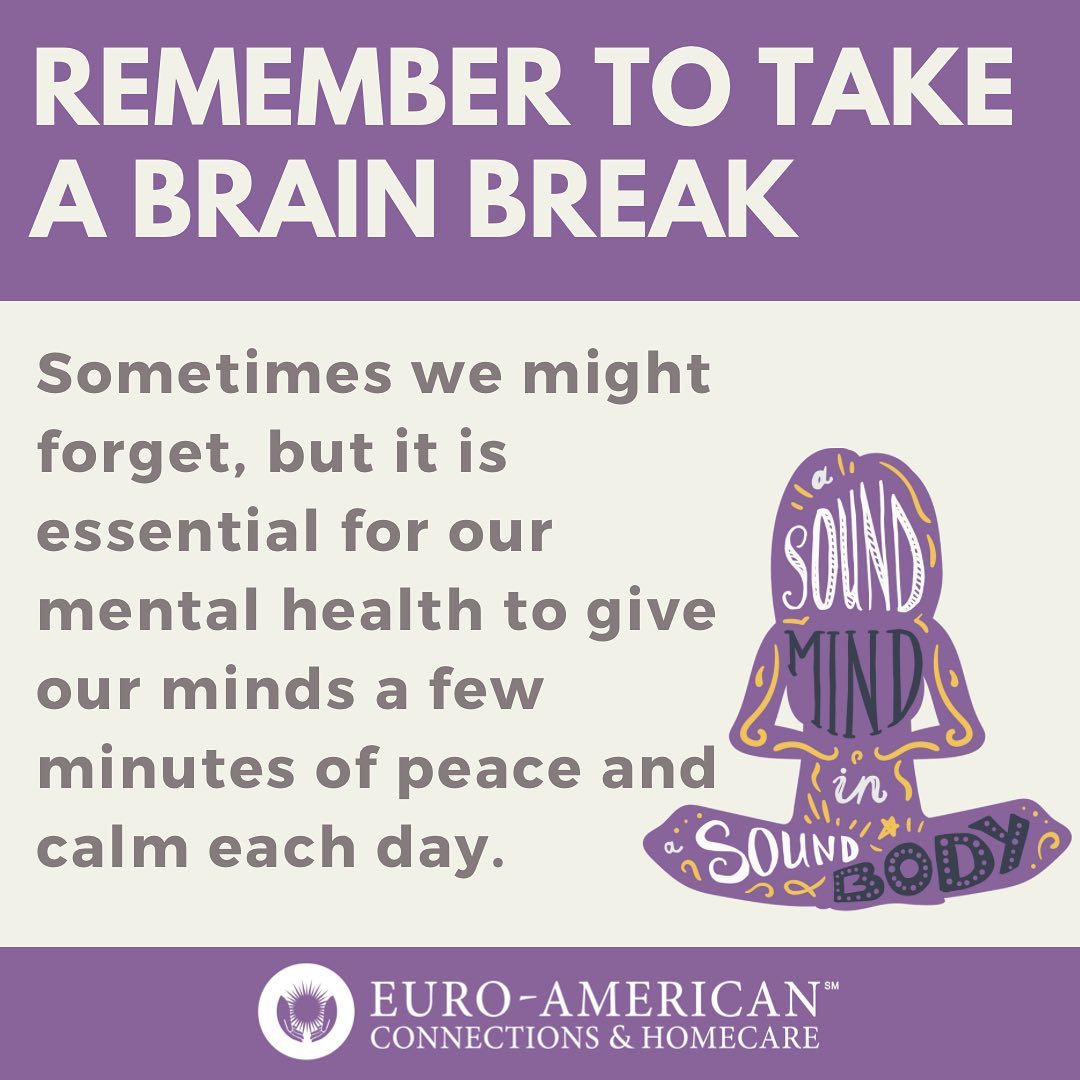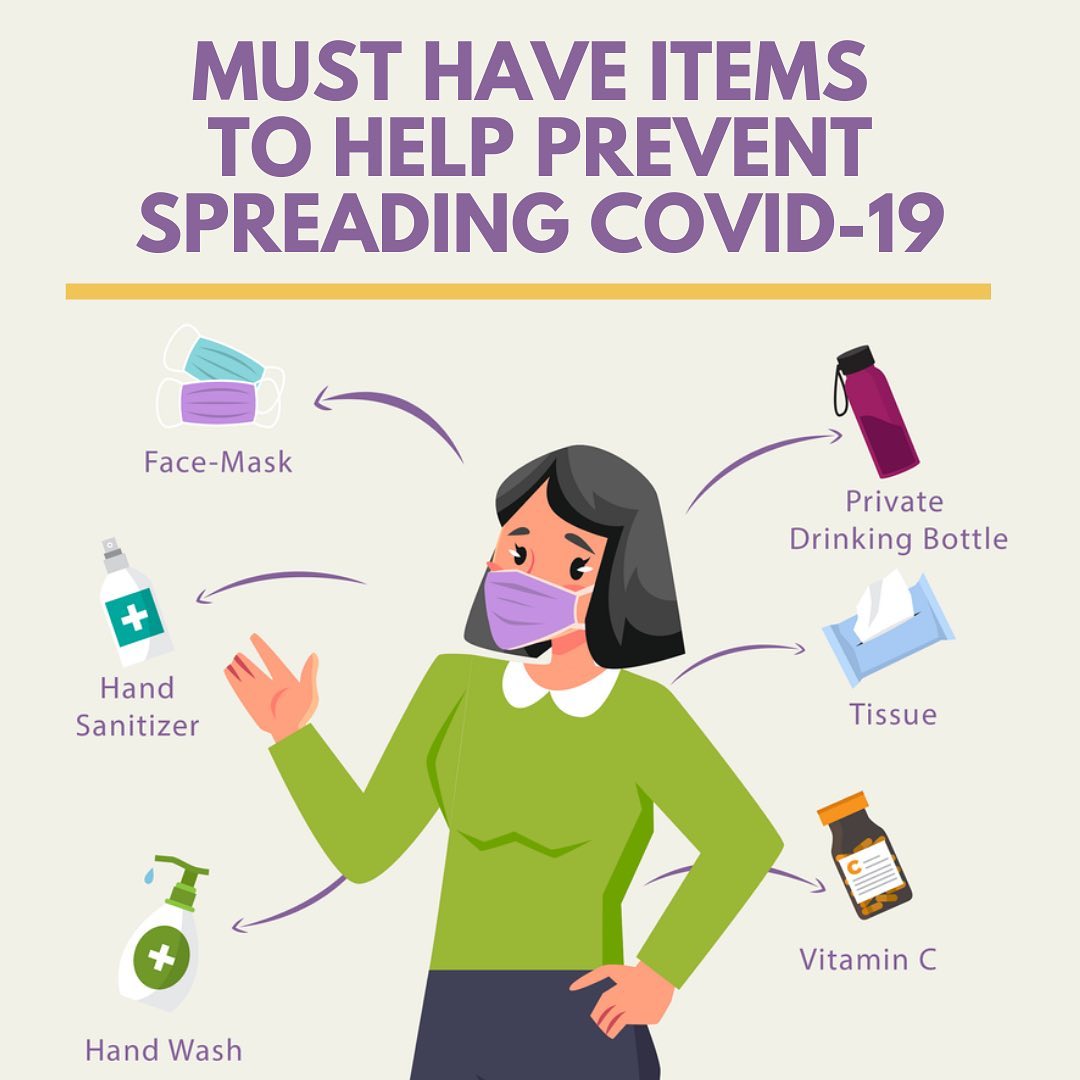4 Books For Caregivers About Dementia

Caregivers often feel that there aren’t enough resources available on how to provide quality care while balancing work, relationships, and self-care. The truth is that, if you enjoy reading, there are a few excellent books out there that can be an excellent source of “me time” but also a very good way to get some perspective. Here is a list of 4 books (2 fiction and 2 non-fictional) that are a must-read for anyone caring for someone with Dementia/Alzheimer’s:
•Still Alice by Lisa Genova – Alice Howland is a 50-year-old Harvard professor who has built a successful career and family life, but everything changes when she is diagnosed with early-onset Alzheimer’s disease. In 2014 there was also a movie released based on the book
•Loving Someone Who Has Dementia: How to Find Hope While Coping with Stress and Grief by Pauline Boss – The book is a revelation about how to live with a profoundly changed relationship that, despite dementia, remains a relationship. This groundbreaking therapist takes the struggling reader by the hand and offers new and very specific ways to find a path from helplessness and despair to peace and strength
•How Lulu Lost Her Mind by Rachel Gibson – Patricia has always had a passionate nature, which explains why she’s been married and divorced five times and spooned enough male patients to be ousted from three elderly care facilities. She also has Alzheimer’s, which is why she wants to spend the rest of her life surrounded by childhood memories at Sutton Hall, her family’s decrepit plantation home in Louisiana. Heartrending at times and laugh-out-loud funny at others, How Lulu Lost Her Mind is a book for everyone
•How to Say It to Seniors: Closing the Communication Gap with Our Elders by David Solie – the main message of this practical guide is that older adults must balance the desire to maintain control of their world with the desire to control their legacy, or how the world will remember them. As caregivers, it is helpful for us to understand this dichotomy and learn to use different approaches for navigating the challenges of caring for and communicating effectively with our loved ones.



Comments